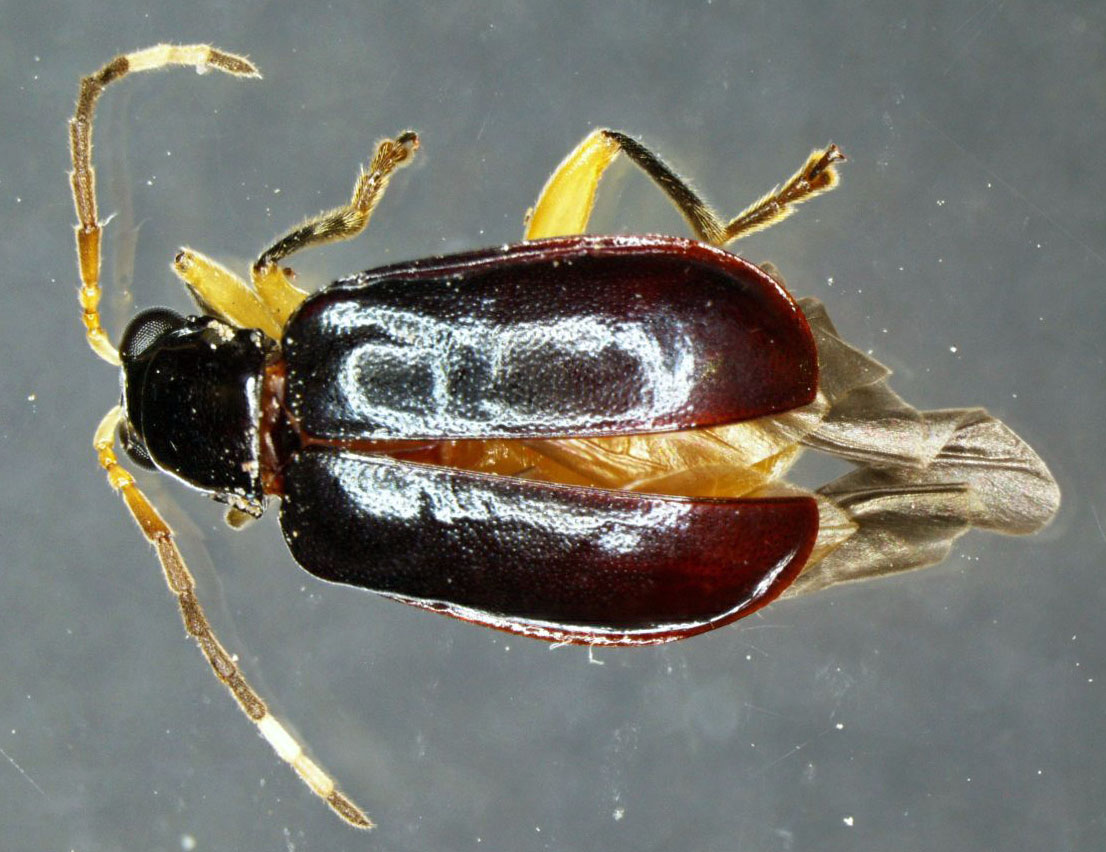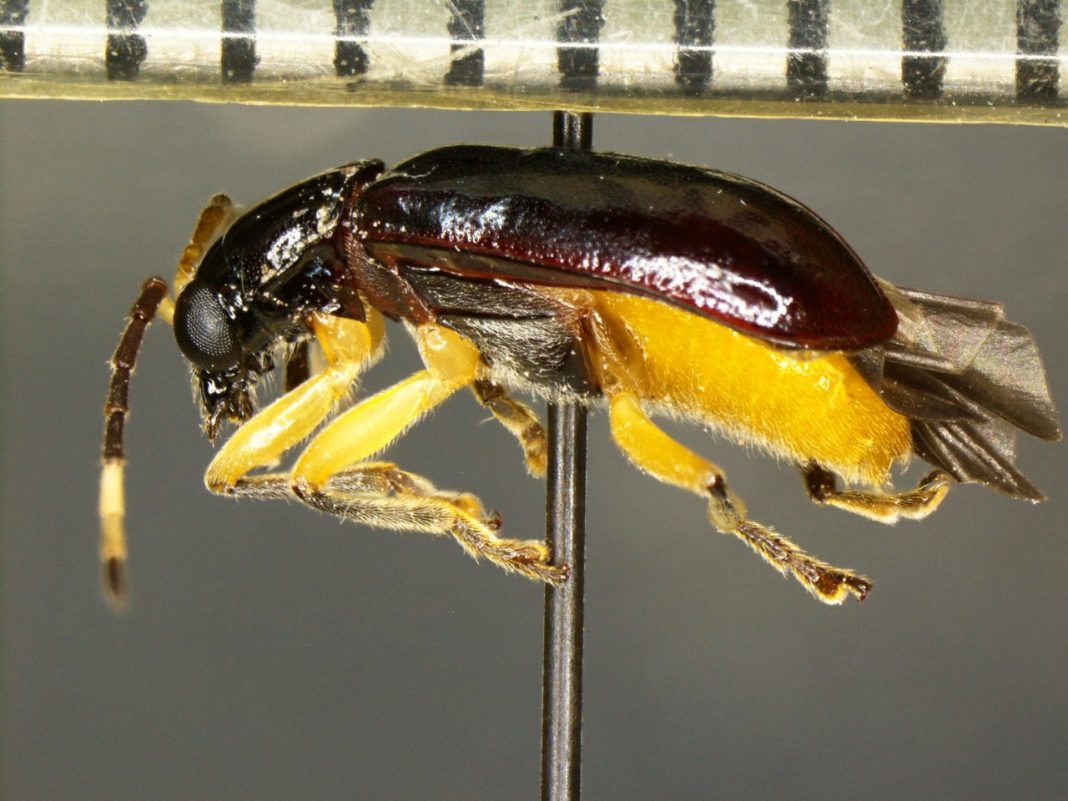|
Only have a minute? Listen instead
Getting your Trinity Audio player ready...
|
Federal agriculture specialists found a rare and invasive pest in a shipment of fruit at the Pharr-Reynosa International Bridge last week, possibly being the first occasion in which the insect has been found in the United States.
The specialists, with U.S. Customs and Border Protection, found what authorities termed in a news release Monday as an “invasive species not known to exist in the U.S.” in a shipment of mangosteen, a southwest Asian fruit, on May 2. The shipment was arriving from Mexico.
“The insect was submitted for identification to a U.S. Department of Agriculture entomology laboratory and the initial identification was later confirmed as Cochabamba sp.,” CBP said in the release. “The Cochabamba sp. is a species that belongs to what is called the leaf beetle family. This pest can cause agricultural and economic damage as their larvae skeletonize the leaf surface and adults eat plant and tree leaves and cause damage to foliage.”

The insect is found in Central America and South America, and its travel pattern indicates that it is migrating north. The shipment was refused entry and returned to Mexico.
It is believed to have been the first time the species was discovered in the country, and according to USDA entomologists, it has never been found at any of the nation’s ports of entry.
CBP refused entry to the shipment and returned it back to Mexico.
“The interception is an example of the diligent work CBP agriculture specialists do on a daily basis to fulfill CBP’s agriculture mission, which is crucial in preventing foreign pests from establishing in the United States,” CBP stated. “Pests that are not known to occur in the U.S. may be detrimental to the nation’s agriculture industry.”




